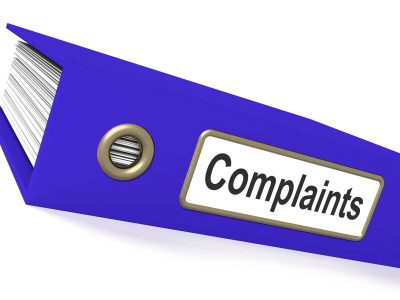 With so many teens wanting tattoos and piercings, many parents have asked about medical issues involved. Medical concerns should factor in to any decision.
With so many teens wanting tattoos and piercings, many parents have asked about medical issues involved. Medical concerns should factor in to any decision.
In this blog, I am not dealing with should a teen tattoo or pierce. That is the subject of another blog.
This is not an endorsement of these procedures, but a response to the many comments I received regarding medical concerns. I am in no way advocating a position, but I also don’t want to put my head in the sand when parents ask for help. My intention here is to help parents who may be dealing with a teen who wants to tattoo or body pierce, or who has recently done either. Apart from how you feel about these procedures, parents and teens need to be informed regarding medical issues.
Because I am affiliated with a medical school, I was able to take this information from a newsletter I received from the Children’s Hospital of the King’s Daughter. Pediatrician, Dr. Bolduc, provides this information for parents concerned about tattoos and piercings. Here is a summary of Dr. Bolduc’s remarks. He practices with Children’s Hospital of the King’s Daughters Medical Group in Newport News, Virginia:
- Tattoos can put your child at risk for contracting diseases such as HIV, hepatitis and tuberculosis. Risk is decreased if the shop is clean, safe and professional.
- Tattoos can bring on skin infections such as impetigo, dermatitis and possibly an allergic reaction to the tattoo pigment.
- Risks associated with piercing involve: chronic infections, prolonged bleeding, scarring, hepatitis B and C, tetanus, HIV, skin allergies, abscesses or boils, irreversible holes, chipped or broken teeth, choking and speech impediment.
- Piercing a tongue can breed bacteria.
- Eyebrow skin is extremely sensitive and thin.
- Cartilage at the end of the nose can wither away because blood can’t get to it properly when the nose is pierced.
- Ear lobes are usually OK to pierce medically they are made of fatty tissue that allows for good blood supply after the piercing. This helps ward off infections.
- Piercing shops should use an autoclave to clean needles and instruments.
- Shops should use single service equipment–all needles and tubes are individually packaged, dated, sealed and autoclaved.
- The person who tattoos should use guidelines created by the Occupational Safety and Health Administration for the handling of body fluids.
- The person doing the tattoo or piercing should wear gloves.
- Don’t pick or tug on the area of piercing or tattoo. Clean with soap not alcohol.
- Tattoos are sensitive to sun and need sunscreen protection of SPF 30 to protect.
- A new tattoo needs to be dressed like an open wound with antibiotic cream for several days.
Along with your feelings and beliefs about tattoos and piercings, parents should also discuss these medical concerns involved. This information is not typically discussed, but can impact health.


